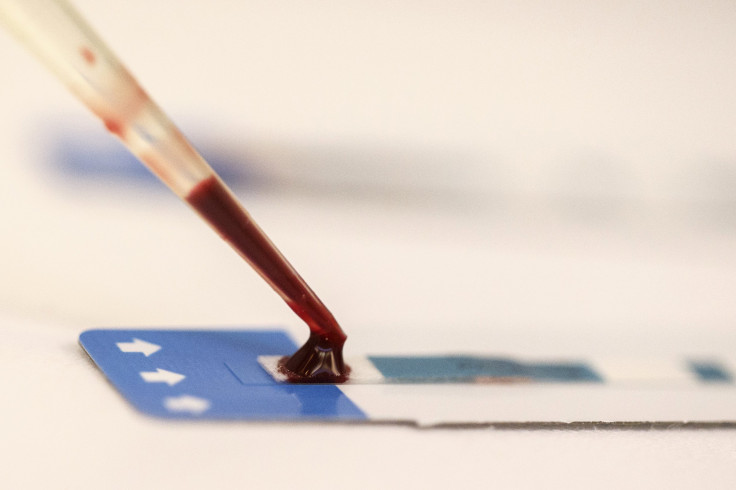World AIDS Day: Majority of doctors believe pre-exposure prophylaxis will reduce HIV infection

Seventy-four per cent of doctors from around the world believe that pre-exposure prophylaxis (PrEP) will be effective in reducing the number of HIV infections worldwide.
Prophylaxis refers to preventing or controlling the spread of an infection or disease. PrEP is a new HIV prevention method wherein people who don't have the infection take a pill every day to reduce their risk of becoming infected.
The poll was conducted among over 2,600 doctors by SERMO, a global social media network exclusively for doctors. It comes on the heels of a CDC report that shows approximately 1.2 million people should be taking PrEP. This includes 25 per cent of sexually active gay and bisexual adult men, nearly 20 percent of adults who inject drugs, and less than 1 per cent of heterosexually active adults.
In a poll of more than 1,200 doctors, SERMO found that 86 per cent would share information about PrEP with their patients and 91 per cent would recommend PrEP to an at-risk individual.
While majority of the doctors said that PrEP will reduce HIV infections and they would recommend it to patients, some doctors said there are both pros and cons to the therapy. Fifty-nine per cent of those surveyed said they think that PrEP will lead more people to be less careful when they are sexually active.
“I feel like there are a group of people that will benefit from PrEP but the feeling is that in the gay community it’s become a means of making promiscuous behavior easier,” a geriatrician from the UK said. “Those with sex addictions will certainly benefit and I can see this as a population we can protect. It does however seem that people forget that other STIs are not protected against and I wonder if we will see a rise in demand for treatment for these,” the doctor added.
Another doctor, a surgeon from the US, worried that the patients who need it might not take it and expressed fears that the virus will be around for a long time. “Incidence of syphilis and gonorrhea are soaring, and with drug resistant HIV and TB out there, this epidemic is going to show a multimodal resurgence,” he said.
A family physician noted that there are financial barriers that prevent the therapy from being effective in reducing instances of HIV as well. It is unaffordable in Africa where there is still an HIV epidemic, the doctor noted.
Currently, Truvada is the only medication approved for PrEP in the U.S. Multiple studies have shown that taking Truvada for PrEP works, according to Dr James Wilson, an American SERMO member and Ascel Bio infectious disease forecaster based out of the University of Nevada-Reno. “The hard part is getting it to the patients who need it most and getting those patients to adhere to their medication regimens,” he said.
In San Francisco, California, Truvada is being offered at no cost for at risk people who do not have insurance. In the SERMO poll, 75 per sccent believed that other cities and states should offer similar programs.
The global SERMO poll also asked doctors when they think we will have a cure for HIV/AIDS. Sixty percent of the doctors thought that a cure would come in the next fifteen years, while the rest said they believe treatment will not be available until 20 years or more.
Contact the writer at feedback@ibtimes.com.au or tell us what you think below.




















